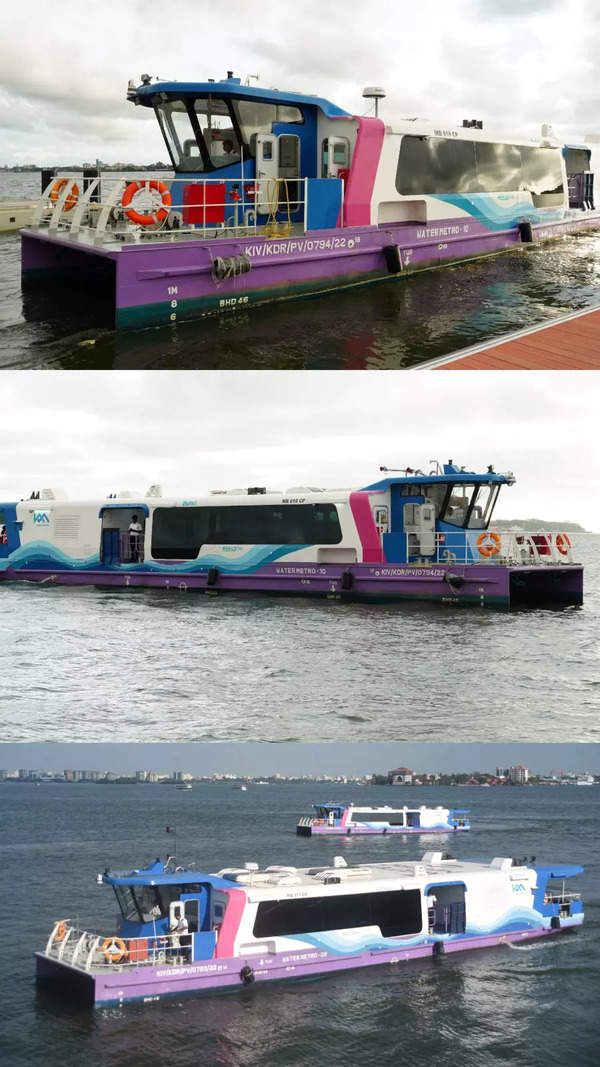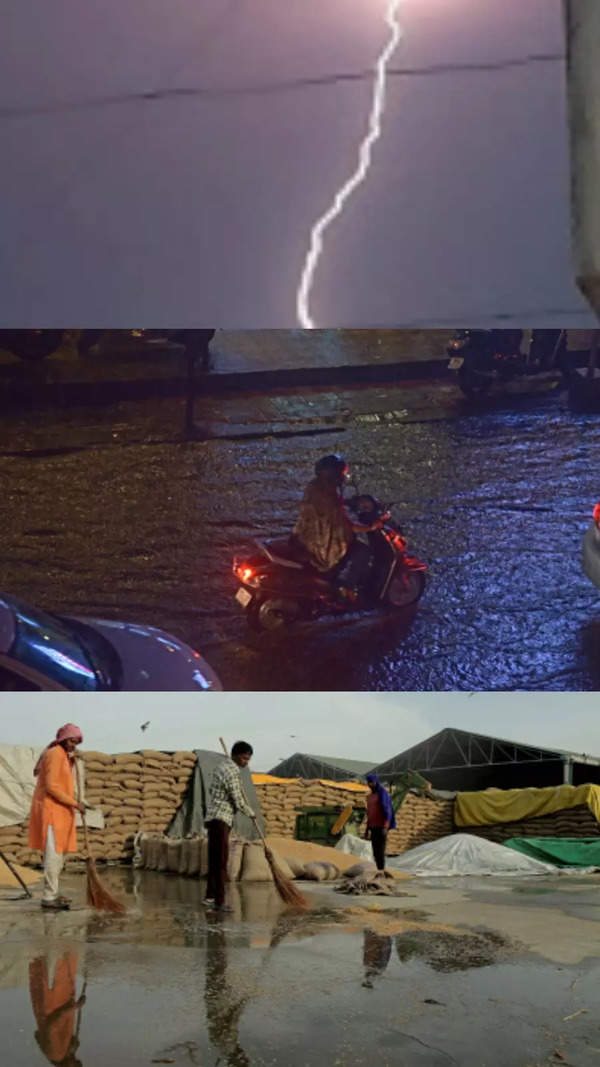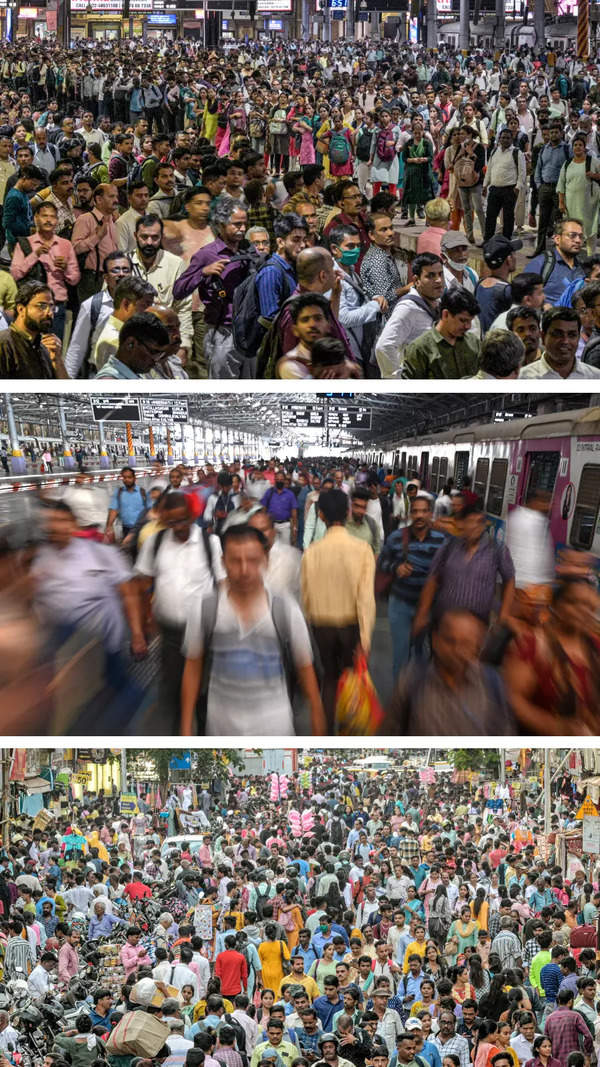- News
- City News
- chennai News
- At 13,629, Tamil Nadu has most lakes in India
Trending Topics
At 13,629, Tamil Nadu has most lakes in India

The findings that were released on Sunday shows that Tamil Nadu stands fourth (43,837) in the number of tank
CHENNAI: In the first-ever national census of waterbodies conducted by the Union jal shakti ministry, Tamil Nadu has emerged at the top with 13,629 lakes.
The irrigation census sponsored by the Centre was launched to have a comprehensive national database of all waterbodies, covering all aspects, including type, condition, status of encroachments, use, storage, capacity and status of storage, both in rural and urban areas. The findings that were released on Sunday shows that Tamil Nadu stands fourth (43,837) in the number of tanks, after Andhra Pradesh, Odisha and Himachal Pradesh. The ministry had enumerated over 24 lakh water bodies in the country during the census.
The assessment of water bodies and their condition comes in the wake of a Parliamentary standing committee recommending a separate census and a central database. For the first time, the Centre has collected information on encroachment of water bodies. While 1.6% of the enumerated water bodies across the country are encroached, 8,366 water bodies in Tamil Nadu, which is 8% of its total count, have been encroached upon. Significantly, the encroachment of 4,933 water bodies alone could be assessed.
In all, 56,760 water bodies are ‘in use’ and 50,197 water bodies are ‘not in use’ due to various factors like drying up, construction, siltation, destruction beyond repair, salinity and release of industrial effluents. Worse, only 20,324 water bodies are used for irrigation in the state. “The water bodies are in dire need of attention and the government should begin the protection work on a war-footing. The irrigation structures require immediate restoration and desilting,” All Farmers’ Associations coordination committee president P R Pandian said.
Incidentally, 34% water bodies are in drought prone areas, 9% in tribal areas and the remaining are located in flood prone and other areas. “The water bodies in the districts adjoining Chennai are converted for other purposes even by the government. If the resources in western belt are polluted, districts like Ranipet and Vellore suffer due to tannery effluents. The government should protect at least the existing resources for irrigation and drinking water needs for the future,” CPM-affiliated Tamil Nadu Farmers’ Association state secretary P Shanmugam said.
The irrigation census sponsored by the Centre was launched to have a comprehensive national database of all waterbodies, covering all aspects, including type, condition, status of encroachments, use, storage, capacity and status of storage, both in rural and urban areas. The findings that were released on Sunday shows that Tamil Nadu stands fourth (43,837) in the number of tanks, after Andhra Pradesh, Odisha and Himachal Pradesh. The ministry had enumerated over 24 lakh water bodies in the country during the census.
The assessment of water bodies and their condition comes in the wake of a Parliamentary standing committee recommending a separate census and a central database. For the first time, the Centre has collected information on encroachment of water bodies. While 1.6% of the enumerated water bodies across the country are encroached, 8,366 water bodies in Tamil Nadu, which is 8% of its total count, have been encroached upon. Significantly, the encroachment of 4,933 water bodies alone could be assessed.
In all, 56,760 water bodies are ‘in use’ and 50,197 water bodies are ‘not in use’ due to various factors like drying up, construction, siltation, destruction beyond repair, salinity and release of industrial effluents. Worse, only 20,324 water bodies are used for irrigation in the state. “The water bodies are in dire need of attention and the government should begin the protection work on a war-footing. The irrigation structures require immediate restoration and desilting,” All Farmers’ Associations coordination committee president P R Pandian said.
Incidentally, 34% water bodies are in drought prone areas, 9% in tribal areas and the remaining are located in flood prone and other areas. “The water bodies in the districts adjoining Chennai are converted for other purposes even by the government. If the resources in western belt are polluted, districts like Ranipet and Vellore suffer due to tannery effluents. The government should protect at least the existing resources for irrigation and drinking water needs for the future,” CPM-affiliated Tamil Nadu Farmers’ Association state secretary P Shanmugam said.
Start a Conversation
FOLLOW US ON SOCIAL MEDIA
FacebookTwitterInstagramKOO APPYOUTUBE










